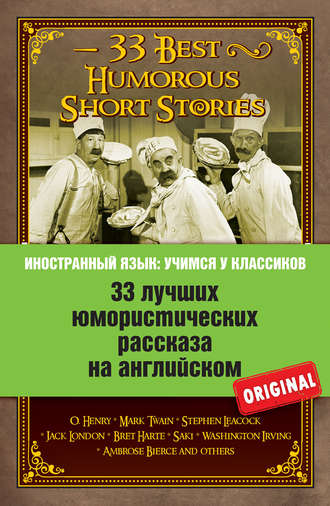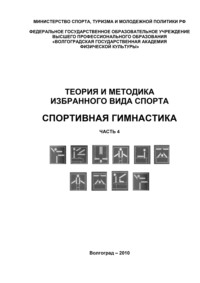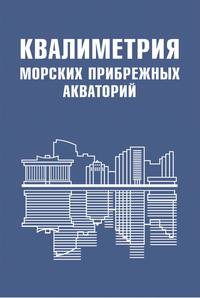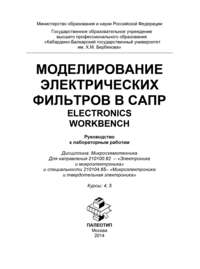
Полная версия
33 лучших юмористических рассказа на английском / 33 Best Humorous Short Stories
Bret Harte
The Stolen Cigar Case
I found Hemlock Jones in the old Brook Street lodgings, musing before the fire. With the freedom of an old friend I at once threw myself in my usual familiar attitude at his feet, and gently caressed his boot. I was induced to do this for two reasons: one, that it enabled me to get a good look at his bent, concentrated face, and the other, that it seemed to indicate my reverence for his superhuman insight. So absorbed was he even then, in tracking some mysterious clue, that he did not seem to notice me. But therein I was wrong – as I always was in my attempt to understand that powerful intellect.
‘It is raining,’ he said, without lifting his head.
‘You have been out, then?’ I said quickly.
‘No. But I see that your umbrella is wet, and that your overcoat has drops of water on it.’
I sat aghast at his penetration. After a pause he said carelessly, as if dismissing the subject: ‘Besides, I hear the rain on the window. Listen.’
I listened. I could scarcely credit my ears, but there was the soft pattering of drops on the panes. It was evident there was no deceiving this man!
‘Have you been busy lately?’ I asked, changing the subject. ‘What new problem – given up by Scotland Yard as inscrutable – has occupied that gigantic intellect?’
He drew back his foot slightly, and seemed to hesitate ere he returned it to its original position. Then he answered wearily: ‘Mere trifles – nothing to speak of. The Prince Kupoli has been here to get my advice regarding the disappearance of certain rubies from the Kremlin; the Rajah of Pootibad, after vainly beheading his entire bodyguard, has been obliged to seek my assistance to recover a jeweled sword. The Grand Duchess of Pretzel-Brauntswig is desirous of discovering where her husband was on the night of February 14; and last night’ – he lowered his voice slightly – ‘a lodger in this very house, meeting me on the stairs, wanted to know why they didn’t answer his bell.’
I could not help smiling – until I saw a frown gathering on his inscrutable forehead.
‘Pray remember,’ he said coldly, ‘that it was through such an apparently trivial question that I found out Why Paul Ferroll Killed His Wife, and What Happened to Jones!’
I became dumb at once. He paused for a moment, and then suddenly changing back to his usual pitiless, analytical style, he said: ‘When I say these are trifles, they are so in comparison to an affair that is now before me. A crime has been committed, – and, singularly enough, against myself. You start,’ he said. ‘You wonder who would have dared to attempt it. So did I; nevertheless, it has been done. I have been ROBBED!’
‘YOU robbed! You, Hemlock Jones, the Terror of Peculators!’ I gasped in amazement, arising and gripping the table as I faced him.
‘Yes! Listen. I would confess it to no other. But YOU who have followed my career, who know my methods; you, for whom I have partly lifted the veil that conceals my plans from ordinary humanity, – you, who have for years rapturously accepted my confidences, passionately admired my inductions and inferences, placed yourself at my beck and call, become my slave, groveled at my feet, given up your practice except those few unremunerative and rapidly decreasing patients to whom, in moments of abstraction over MY problems, you have administered strychnine for quinine and arsenic for Epsom salts; you, who have sacrificed anything and everybody to me, – YOU I make my confidant!’
I arose and embraced him warmly, yet he was already so engrossed in thought that at the same moment he mechanically placed his hand upon his watch chain as if to consult the time. ‘Sit down,’ he said. ‘Have a cigar?’
‘I have given up cigar smoking,’ I said.
‘Why?’ he asked.
I hesitated, and perhaps colored. I had really given it up because, with my diminished practice, it was too expensive. I could afford only a pipe. ‘I prefer a pipe,’ I said laughingly. ‘But tell me of this robbery. What have you lost?’
He arose, and planting himself before the fire with his hands under his coattails, looked down upon me reflectively for a moment. ‘Do you remember the cigar case presented to me by the Turkish Ambassador for discovering the missing favorite of the Grand Vizier in the fifth chorus girl at the Hilarity Theatre? It was that one. I mean the cigar case. It was incrusted with diamonds.’
Конец ознакомительного фрагмента.
Текст предоставлен ООО «Литрес».
Прочитайте эту книгу целиком, купив полную легальную версию на Литрес.
Безопасно оплатить книгу можно банковской картой Visa, MasterCard, Maestro, со счета мобильного телефона, с платежного терминала, в салоне МТС или Связной, через PayPal, WebMoney, Яндекс.Деньги, QIWI Кошелек, бонусными картами или другим удобным Вам способом.












